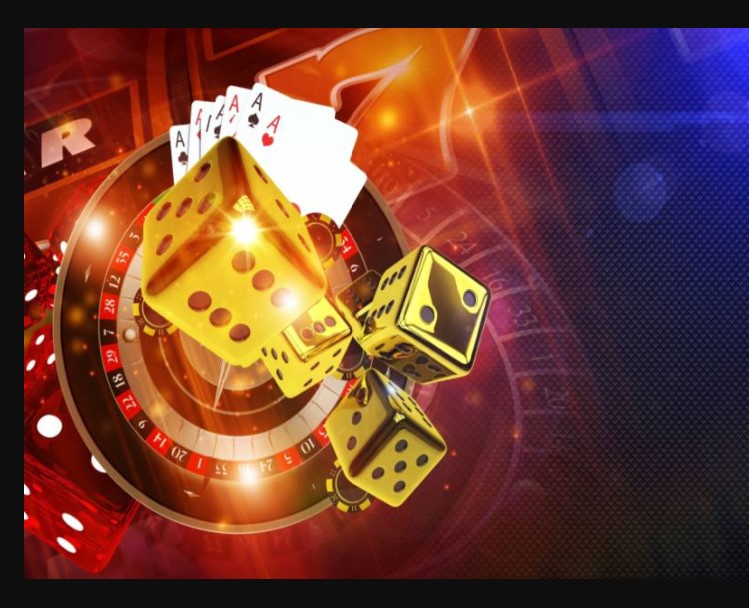In the glitzy world of casinos, where fortunes are made and lost in the blink of an eye, there is an unseen force at play behind the flashing lights and spinning reels – mathematics. From the layout of the gaming floor to the odds of winning at different games, mathematics underpins every aspect of casino gaming. In this article, we will delve into the fascinating role of mathematics in 토지노 gaming, exploring how probability shapes your chances of winning and losing.
Understanding Probability in Casino Gaming:
At the heart of every casino game lies the concept of probability. Probability, in simple terms, is the likelihood of a particular outcome occurring. In casino gaming, probabilities are meticulously calculated to ensure that the house always maintains an edge over the players.
One of the most basic examples of probability in casino gaming is the flip of a coin. When you flip a fair coin, there are two possible outcomes – heads or tails – each with an equal probability of 50%. In a casino, however, games are designed so that the probability of winning is slightly lower than 50%, tipping the odds in favor of the house.
Probability is particularly evident in games like roulette, where players bet on the outcome of a spinning wheel. In a standard American roulette wheel, there are 38 numbered pockets – 1 through 36, plus 0 and 00. The probability of the ball landing on any particular number is 1/38, giving the house an edge of approximately 5.26%.
The Role of Mathematics in Game Design:
Behind every casino game, there is a team of mathematicians and game designers working tirelessly to ensure that the odds are stacked in favor of the house. These experts use complex mathematical models to analyze the probabilities of different outcomes and determine the optimal rules and payouts for each game.
For example, in the game of blackjack, mathematicians have developed strategies known as “basic strategy” to minimize the house edge. By analyzing millions of hands and simulating different scenarios, these experts have determined the statistically optimal plays for every possible situation in the game.
Similarly, in 토지노사이트 – the bread and butter of many casinos – mathematicians use algorithms to determine the probability of each symbol appearing on the reels. By adjusting the frequency of winning combinations and the payouts associated with each symbol, game designers can control the volatility and overall profitability of the game.
The Role of Probability in Decision-Making:
For casino players, understanding the role of probability is essential for making informed decisions and maximizing their chances of winning. While luck plays a significant role in short-term outcomes, over the long run, the laws of probability dictate that the house will always come out ahead.
One common misconception among casino players is the notion of “hot” and “cold” streaks. In reality, the outcome of each game is independent of previous outcomes, and past results have no bearing on future ones. This phenomenon, known as the gambler’s fallacy, has led many players to chase their losses or bet larger amounts in the hopes of recouping their money.
By understanding the principles of probability, players can make more rational decisions and avoid falling prey to common cognitive biases. Whether it’s knowing when to hit or stand in blackjack or when to bet on red or black in roulette, a basic understanding of probability can give players a slight edge in an otherwise unfavorable game.
The Future of Mathematics in Casino Gaming:
As technology continues to advance, the role of mathematics in casino gaming is likely to become even more prominent. With the rise of online casinos and mobile gaming apps, mathematicians have access to vast amounts of data that can be used to refine existing games and develop new ones.
In addition, advances in artificial intelligence and machine learning are enabling casinos to personalize the gaming experience for individual players. By analyzing player data and preferences, casinos can tailor games and promotions to maximize engagement and profitability.
However, with greater reliance on algorithms and automation comes the risk of unintended consequences. As casino games become increasingly complex and sophisticated, there is a growing concern that players may lose sight of the underlying mathematics and the inherent risks involved.
Conclusion:
In the world of casino gaming, mathematics is the ultimate arbiter of fate. From the design of the games themselves to the decisions made by players on the gaming floor, probability shapes every aspect of the casino experience. By understanding the principles of probability and mathematics, players can make more informed decisions and maximize their chances of success. However, it’s essential to remember that in the end, the house always has the edge – a sobering reminder of the enduring power of mathematics in the world of casino gaming.









